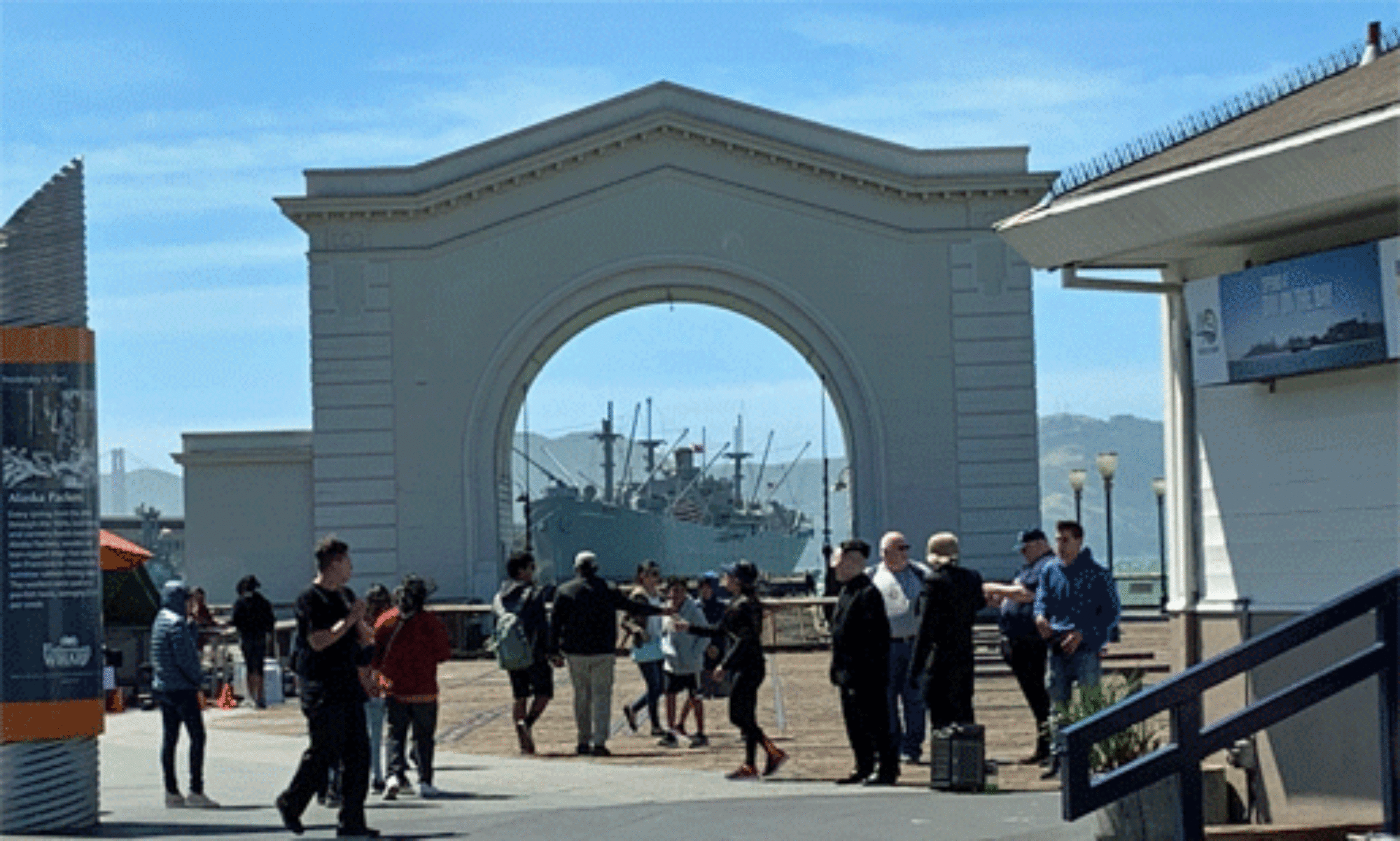That word, cancer, casts an ominous aura over any associated medical visit. Cancer brings a seriousness not associated with infections or cardiac issues, even though both can also bring death. Once, I panicked at the entryway to a doctor I was visiting for unexplained bruising. I was terrified solely because his sign said “Hematologist and Oncologist.” Oncologist implied cancer, which should have been irrelevant because my visit was for his knowledge of hematology. However, my normally very low blood pressure shot up 20 points. Higher blood pressure made much more painful the Rumpel-Leede capillary fragility test, placement of a tight blood pressure cuff on my arm. I suffered because of my fear of the word oncologist, cancer doctor, not because of my actual medical condition.
I suffered because of my fear of the word cancer, not because of my actual medical condition.
This week I accompanied my husband to a urology appointment to discuss treating a 1.6cm cyst thought to be renal cell carcinoma.

He had hoped to have cryoablation, the insertion of a probe into the cyst to alternately freeze and thaw it until the tissue is destroyed. This doctor suggested alternatives of taking out a wedge of the kidney surgically or even removing the kidney. Leaning close to us, he said, “to make sure we get it all. We certainly would not want to leave any behind.” This intense concern is for a tumor that grows a mere 0.5cm a year. But remember, this is a cancer, so the atmosphere is charged with intensity. We all remember lives lost to cancer.
1,780 children and teens die of cancer annually but 6,800 die from suicide.
Suicide is the second most common cause of death in those 10 to 19 and 60% of all adult firearm deaths are by suicide. More policemen die of suicide than die on the job; more soldiers die of suicide than die in combat; more firefighters die of suicide than die in fires. 1,780 children and teens die of cancer annually but 6,800 die from suicide. Consider, however, which cause, cancer or suicide, draws more charity organizations and dollars?
When I was a child, sixty years ago, cancer very often led to death but that is no longer true. Yet, cancer continues to strike terror far more than any other diagnosis. Let us become more alert to the emotional load of the word cancer so we can bring rationality to both our treatment and our funding decisions.
